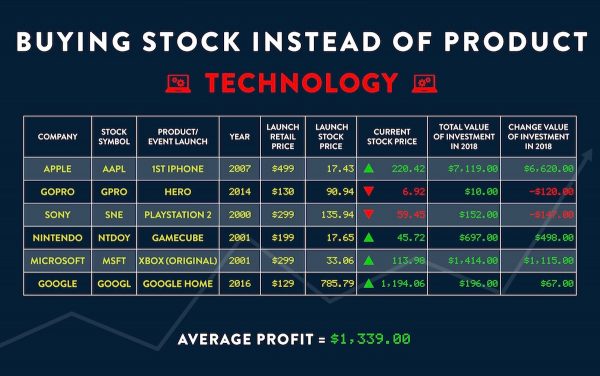3 Things Every Fiscally Responsible Millennial Should Already be Doing
If you’re a millennial, you know that our generation, in particular, gets a bad rap. In recent years millennials have been labeled lazy, financially illiterate, and perhaps worst of all, as the “me generation.” And to make matters worse, each of these negative stereotypes translates into false expectations for millennial behavior. Expectations about what they can and cannot achieve, thus leaving the word millennial, tainted.
But, despite all of the harmful stereotypes, millennials have proven themselves to be others-focused, hard-working, and financially literate. And because millennials are far more financially-literate than society gives them credit for, they are thinking about what steps they can take now to ensure a financially stable future.
With all of this in mind, here are 3 tips for the financially-conscious millennial.
Build Credit Now
Building a good credit score is key in achieving a financially stable future. After all, if you don’t have good credit, it will make it much more difficult to take out a loan. Ultimately, this could prevent you from purchasing a house, car, or even starting your own business one day.
But how do you achieve an enviably high credit score in your early adult years? Well, getting a secured credit card and paying off your monthly balance on time is a great place to start. A simple rule of thumb is to never spend more than you can pay back. If you use a secured credit card, though, there will be an automatic limit that prevents you from spending more than you have in your corresponding banking account. Thus, for those looking to build and maintain a good credit score, a secured credit card is the way to go.
Invest Early
It’s also not a bad idea to start investing while you’re young. If you’ve just joined the workforce after college, you should be investing in your 401k. It’s best to regularly set aside substantial enough increments of your paycheck to fully benefit from whatever matching contribution plan your company has set-up, if possible. The earlier you start, the higher your savings will grow.
In addition to investing in your 401k, you should also consider investing in the stock market. If you’re unsure where to begin, which is incredibly common for those beginning to dig into their finances, there are plenty of resources at the tip of your fingertips now more than ever.
Taking a chance on a company while it’s young can certainly pay off. For example, a new study by a personal finance website found that if you were to invest in Apple instead of buying the iPhone when it was first released, you’d have around $7,000 right now. However, tides change and unforeseen circumstances will inevitably arise when you invest in the stock market, as seen with GoPro and Sony, but don’t let this deter you. Diversify your stocks to help soften the blow if one goes awry.

Save, Save, Save
Saving money may sound like a no-brainer if you’re a fiscally responsible millennial, but as with many things, saving money is much easier said than done.
So, in a world of targeted ads and flash sale email alerts, how do you resist the urge to spend?
If you really have trouble telling yourself no, it might be a good idea to set a monthly budget— and stick to it. By setting aside money each month for all of your needs and allocating a much, much smaller portion for your wants, you’re sure to start saving.
Now, if you’re spending more than you’re making and looking for ways to save by lowering your monthly expenditures, there are a few things you should try. If you’re living alone and footing the bill for it, consider a roommate. Even though sharing a living space might not seem ideal, it’s a sure way to cut your rent in half and save hundreds of dollars each month. But if you’d rather not give up the freedom and privacy that comes with living alone just yet, you could look into taking public transit to save on gas money. According to the APTA, riding public transit saves individuals $9,453 annually. If that’s not an option either, take up a second job or cut unnecessary recurring monthly expenses that might be going to waste like a gym membership.
At the end of the day, though, when it comes to saving money, where there’s a will, there’s a way. You just have to find what works best for you.







